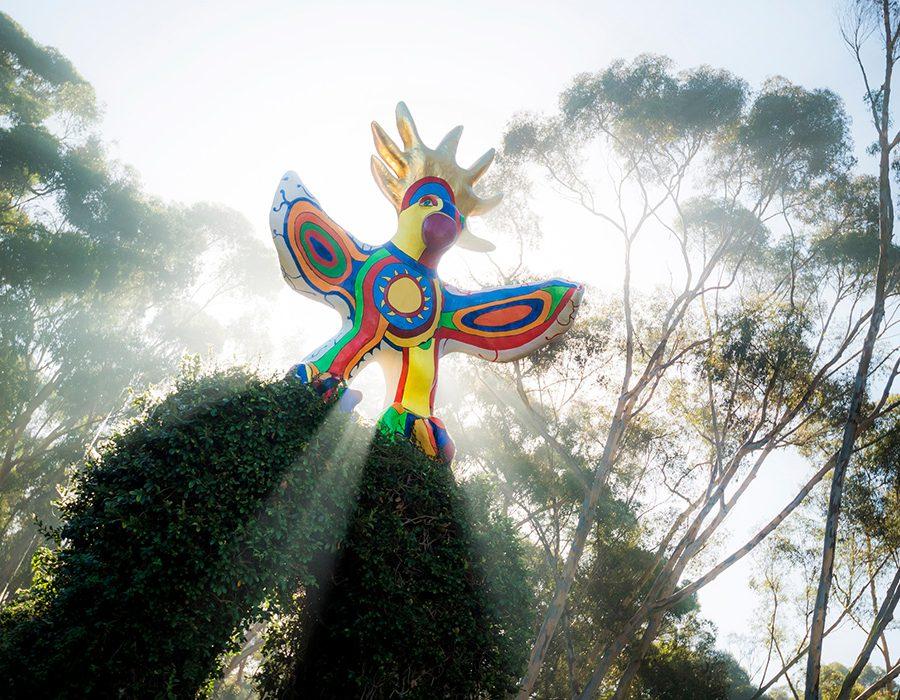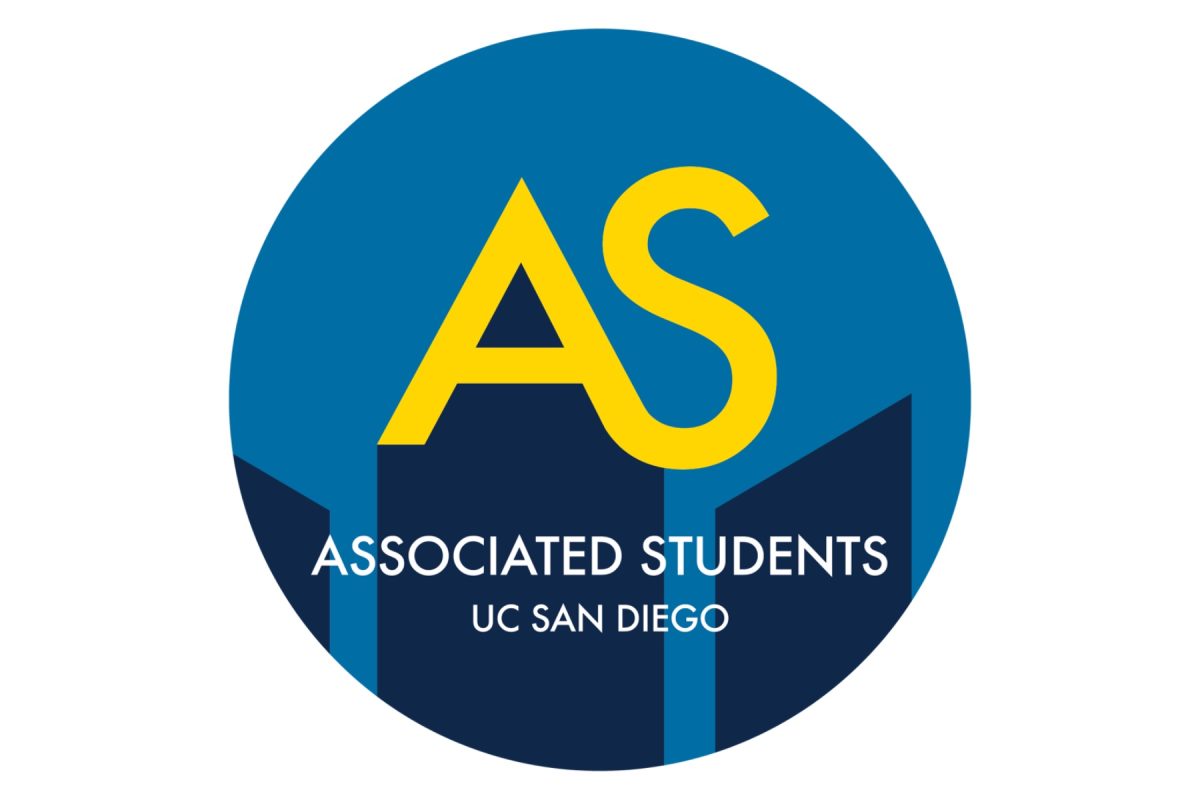UC San Diego Health Promotion Services is launching the university’s first ever Collegiate Recovery Program in the Fall. The program hopes to provide a supportive community for UCSD students at any stage of addiction recovery by engaging them in recurring group and individual meetings.
The coming Collegiate Recovery Program will offer a free systematic recovery service which connects its participants with all of the possible resources available at UCSD.
According to Lisa Joyner, Director of Health Promotion Services and the Zone, students who suffer from alcohol or drug addiction, eating disorders, or substance use disorders of varied types are welcome to attend the program and stay engaged as long as they feel needed.
The program is supported by UCSD Health’s Student Health and Well-Being Cluster, which consists of HPS, Counseling and Psychological Services, Student Health Services. Participants will be paired with staff members from the above service departments and engage in one-on-one individual meetings. In addition, participants can choose to attend a weekly group discussion they find best fit their needs. This includes Alcoholics Anonymous AA meeting, Narcotics Anonymous meeting, Celebrate Recovery (CR), and more. The meetings will be led by staff members and peers, and the group size will depend on the number of participants.
Joyner said that ensuring UCSD students have the resources and support from both the campus and their peers to help them go through the recovery is what motivated the University to start the program.
“If students are not truly in recovery or tap[ing] into resources, it’s really difficult for them to go to school and engage with others because their primary focus is their recovery,” Joyner said. “We want to ensure that the recovery service is there and students are feeling supported.”
Recovery group meetings at HPS have proven to be beneficial to students’ success and well being in the past. Syreeta L. Nolan, Underrepresented Student Officer at the University of California Student Association, feels that the guidelines to ensure that the space is truly safe for anyone to share anything without judgement or interruption and the 12 steps for survivors of physical, sexual and emotional abuse are key features of the CR program that has found success on campus.
“I was introduced to Celebrate Recovery (CR) after my last suicide attempt in 2012. [CR] is a Christ-based recovery program to help anyone, Christian or not, face any hurt, hung up or habit,” Nolan said. “Celebrate Recovery has taught me to celebrate my success along the way and that my recovery is valid as a survivor of abuse and adult child of family dysfunction… When you turn around and face your problems with support, you can overcome the problems and struggles in your life arising as a stronger version of yourself.”
The collegiate recovery program is open for all students with active UCSD status.
“The things I have learned about myself by doing the work required to awaken spiritually is what I will apply as a student at UCSD,” an anonymous UCSD transfer student and NA participant said. “Once I connected with Lisa Joyner regarding the university launching a recovery program during my first year as a transfer student, I took this as a sign that my recovery and time as a student attending UCSD will work hand in hand so that I can achieve greatness and continue to pass the message of recovery to the addict who still suffers.”
The meeting-based recovery program will follow the guidelines of the campus for in-person and online meetings. Students who are interested in joining the collegiate recovery program can fill out the application or forward their questions to [email protected].
Photo courtesy of the Campaign for UC San Diego.















Iwas Obese • Jul 23, 2020 at 6:25 am
Have you considered adding Smart Recovery groups in addition to the standard 12-step groups?